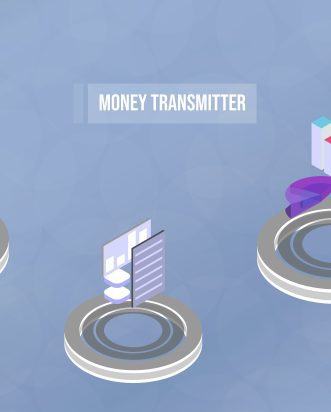Money transmitter businesses are required under law to carry money transmitter licenses—acquiring these licenses involves a detailed application process, complete with providing supporting documentation. To make matters more complex, money transmitter licensing requirements vary state by state. Here’s what you should know about what your state may require and how Bates Group can help—
What Are Money Transmitter Licenses?
Money transmitter licenses are a type of license or permit that is granted by a state regulator to a money transmitter business. Such a license allows the business to engage in money transmitting activities, such as managing money orders, travelers’ checks, money transfers, cashing of checks, and currency exchange activities.
Money Transmitter License Requirements Vary By State
One important thing to know about money transmitter license requirements is that the requirements vary state by state; what New York may require could be completely different than what California requires, for example, At Bates Group, we can help your business acquire its money transmitter license, regardless of where it’s located. Here are three different examples of state requirements for money transmitter licenses for Washington, D.C., California, and New York:
- Washington, D.C. Washington, D.C.-area money transmitter businesses are required to have an anti-money laundering (AML) compliance program in place, must be able to prove a net worth of at least $100,000 plus an additional $50,000 for each location, and must provide a list of all civil and criminal actions in which the business has been involved, amongst other things.
- California. Like D.C., California businesses must submit an AML/BSA compliance plan. Additionally, they must submit a business plan, Certificate of Authority/Good Standing, flow of funds structure, credit report, banking references, and more.
- New York. Those who are applying for a New York money transmitter license must provide a surety bond, financial audits, FinCEN registration number and filing date, business plan, flow of funds structure, and more.
Why Work With a Money Transmitter License Consultant?
There are many complex requirements for obtaining a money transmitter license, including the requirement to have an AML/BSA compliance plan in place in most cases. Working with a professional compliance consultant who understands the regulations and can help your business acquire and maintain your license can streamline the process and ensure compliance.
Call Bates Group Today
At Bates Group, our experienced team can assist your business in applying for its money transmitter license. To learn more about our services and how we can help, reach out to us directly today.



